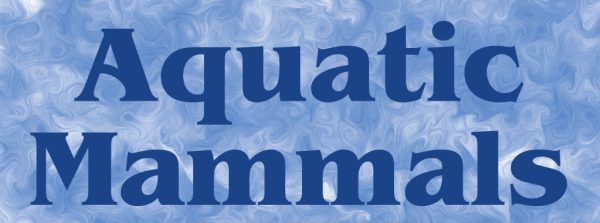Abstract: Stranded California sea lions (Zalophus californianus) along the California coast have been diagnosed with leptospirosis every year since at least the 1980s. Between September 2010 and November 2011, we followed 14 stranded California sea lions that survived to release and evaluated antibiotic efficacy in eliminating leptospiruria (urinary shedding of leptospires). Leptospiruria was assessed by real-time PCR of urine and urine culture, with persistence assessed using longitudinally collected samples. Serum chemistry was used to assess recovery of normal renal function. Microscopic agglutination testing (MAT) was performed to assess serum anti-Leptospira antibody titers, and the MAT reactivity patterns were consistent with L. interrogans serovar Pomona infection frequently observed in this population. Animals were initially treated for 6 to 16 d (median = 10.5; mean = 10.8) with antibiotics from the penicillin family, with some receiving additional antibiotics to treat other medical conditions. All urine cultures were negative; therefore, the presence of leptospiruria was assessed using PCR. Leptospiruria continued beyond the initial course of penicillin family antibiotics in 13 of the 14 sea lions, beyond the last antibiotic dose in 11 of the 14 sea lions, beyond recovery of renal function in 13 of the 14 sea lions, and persisted for at least 8 to 86 d (median = 45; mean = 46.8). Five animals were released with no negative urine PCR results detected; thus, their total shedding duration may have been longer. Cessation of leptospiruria was more likely in animals that received antibiotics for a greater duration, especially if coverage was uninterrupted. Real-time PCR results indicate that an antibiotic protocol commonly used to treat leptospirosis in rehabilitating California sea lions does not eliminate leptospiruria. It is possible that antibiotic protocols given for a longer duration and/or including other antibiotics may be effective in eliminating leptospiruria. These results may have important human and animal health implications, especially in rehabilitation facilities, as Leptospira transmission may occur through contact with animals with persistent leptospiruria.
Key Words: antibiotic, California sea lion, Zalophus californianus, Leptospira interrogans, leptospiruria, renal disease, chronic shedding
Document type: Research article
DOI: http://dx.doi.org/10.1578/AM.41.2.2015.203
Page Numbers: 203-212

